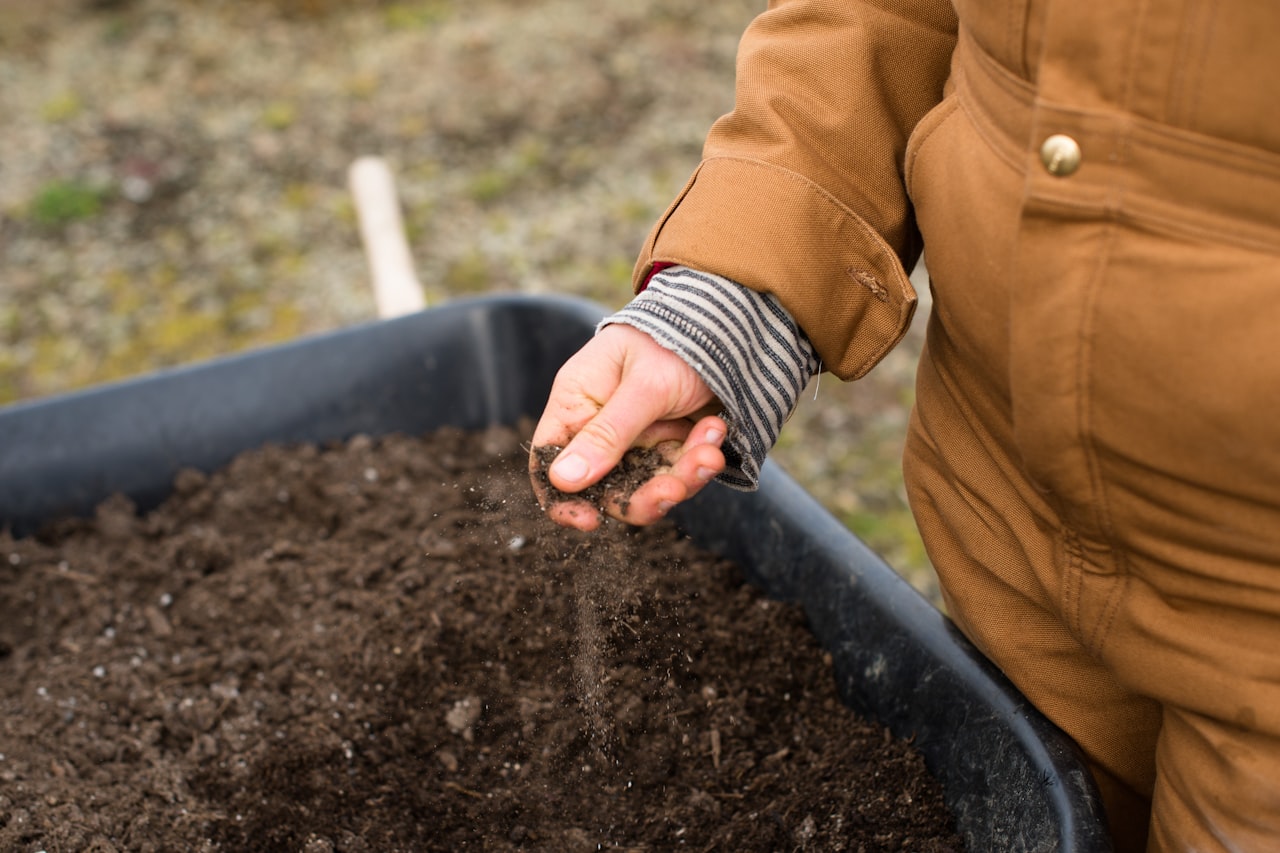In the vast world of real estate, few investments offer the same allure and potential as farm and ranch properties. Whether you're seeking a serene countryside retreat, a sustainable agricultural venture, or a lucrative investment opportunity, buying a farm or ranch can be a rewarding endeavor. However, navigating the complexities of these unique properties requires careful consideration and a deep understanding of the agricultural landscape. In this blog post, we'll provide an overview of the key factors to consider when embarking on the journey of buying farm and ranch properties.
Understanding the Appeal of Farm and Ranch Properties
Farm and ranch properties hold a timeless allure, offering a connection to the land and a lifestyle rooted in nature. From sprawling pastures and fertile fields to picturesque landscapes and rustic charm, these properties embody a sense of tranquility and self-sufficiency. For many buyers, the opportunity to cultivate the land, raise livestock, or simply escape the hustle and bustle of city life is a dream come true.
Key Considerations for Buyers
Before diving into the world of farm and ranch ownership, it's essential to carefully consider your goals, needs, and resources.
Here are some key factors to keep in mind:
-
Location: The old adage "location, location, location" rings true in real estate, and farm and ranch properties are no exception. Consider factors such as proximity to markets, transportation routes, essential services, and desirable amenities.
-
Land Size and Usage: Determine the acreage needed for your intended farming or ranching operations. Consider the suitability of the land for various agricultural activities, such as crop cultivation, livestock grazing, or specialty farming.
-
Soil Quality: Soil health is paramount in agriculture, as it directly impacts crop yields and overall productivity. Conduct soil tests to assess fertility, texture, and drainage capabilities, ensuring that the land is suitable for your intended use.
-
Water Rights and Access: Access to water is crucial for agricultural operations. Investigate water sources, irrigation infrastructure, and legal water rights to ensure adequate water supply for irrigation, livestock, and other needs.
-
Climate Considerations: Evaluate temperature ranges, precipitation levels, and seasonal patterns to understand the climate's suitability for your desired crops or livestock breeds.
-
Infrastructure and Facilities: Assess the condition of existing buildings, fences, roads, and utilities on the property. Consider the need for livestock facilities, equipment storage, and other essential infrastructure.
-
Zoning and Regulations: Familiarize yourself with local zoning laws, land use regulations, and environmental restrictions that may impact your ability to use the property for agricultural purposes.
-
Market Analysis: Research market demand for agricultural products produced on the property. Consider factors such as consumer preferences, pricing trends, and potential competition in the market.
-
Financial Considerations: Evaluate the financial feasibility of purchasing and operating a farm or ranch property. Consider upfront costs, ongoing expenses, potential revenue streams, and financing options available.
-
Lifestyle Factors: Beyond financial considerations, consider how farm and ranch ownership aligns with your lifestyle preferences, values, and long-term goals. Factor in the physical demands, time commitment, and lifestyle changes associated with rural living.
Conclusion
Buying a farm or ranch property is a significant investment that requires careful planning, research, and consideration. By understanding the unique characteristics of agricultural real estate and evaluating key factors such as location, land quality, water access, and financial feasibility, you can make informed decisions that align with your goals and aspirations. Whether you're a seasoned farmer, an aspiring homesteader, or a visionary investor, the journey of buying farm and ranch properties offers endless possibilities and the opportunity to cultivate a legacy rooted in the land.


